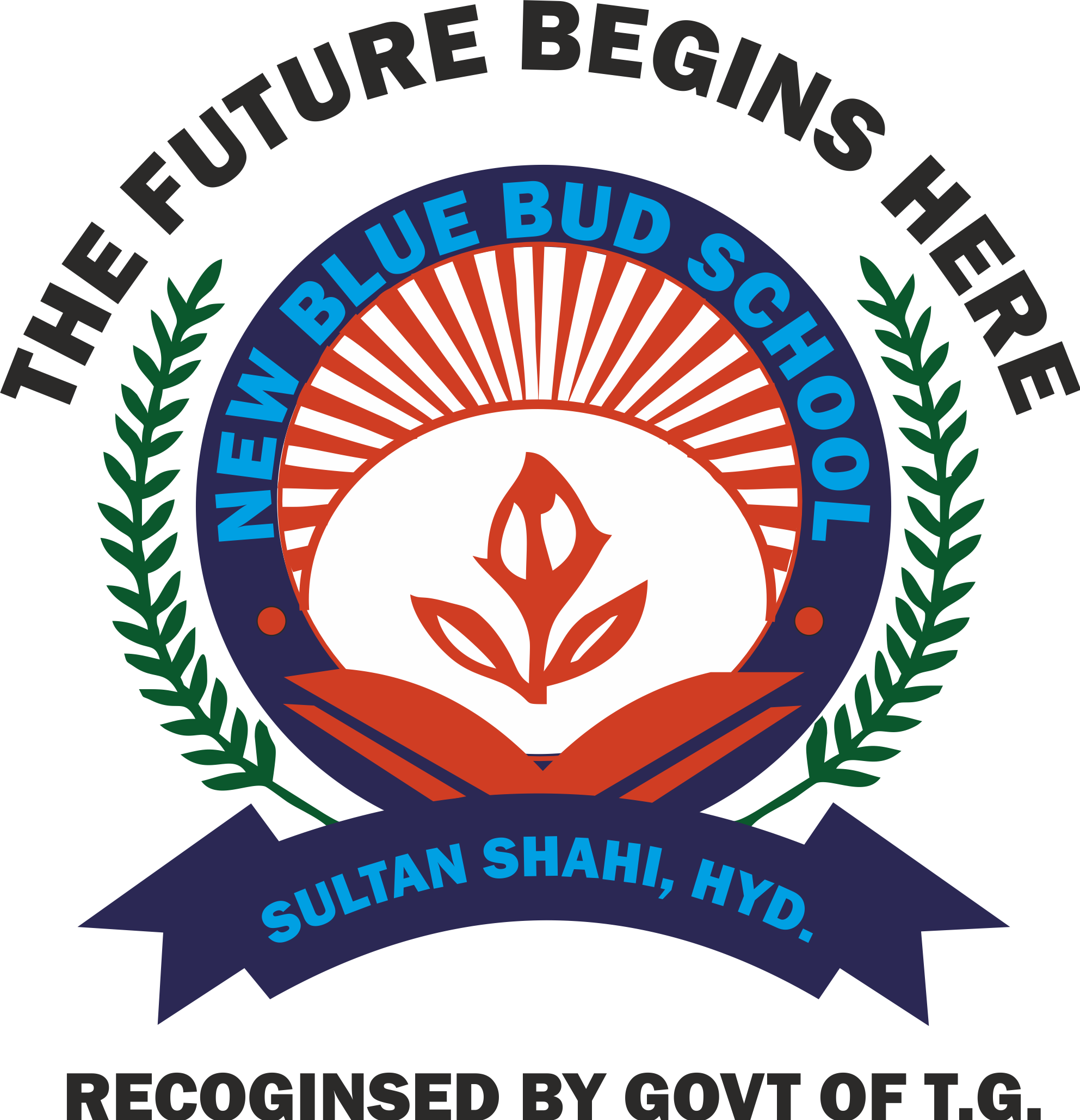New Blue Bud
Academics
At NEW BLUE BUD SCHOOL students are trained to retain their creativity and push themselves to excel
Pre Primary
Pre-primary education in school focuses on developing basic skills and social behavior in young children, typically ages 3 to 5. It lays the foundation for lifelong learning by introducing them to structured learning environments through play and interactive activities.
Primary
Primary education in school provides children, usually ages 6 to 11, with fundamental skills in reading, writing, and mathematics. It also introduces basic subjects like science and social studies, fostering cognitive and social development.
SSC
The Secondary School Certificate (SSC) is a public examination conducted in various countries, typically for students around ages 15 to 16. It marks the completion of secondary education and serves as a crucial milestone for further academic and professional pursuits.
Happy Parents
Since
Activities

Also we do
Daycare
Egestas tincidunt urna. Aenean pretium feugiat ante vitae congue. In nec urna pulvinar, tincidunt elit eu, pulvinar libero.
Babysitting
Egestas tincidunt urna. Aenean pretium feugiat ante vitae congue. In nec urna pulvinar, tincidunt elit eu, pulvinar libero.
Pre-school
Egestas tincidunt urna. Aenean pretium feugiat ante vitae congue. In nec urna pulvinar, tincidunt elit eu, pulvinar libero.
Pre Primary
The National Education Policy 2020, completes two years this year. Among its areas of focus has been the introduction of pre-primary education, also referred to as early childhood education across the country, for a young child’s holistic development. Pre-primary education is meant for children under the age of 6 years. As a child’s brain develops the fastest between 0-5 years, pre-primary education works as a catalyst in developing cognitive, emotional, and basic literacy and numeracy skills [1], thereby preparing students to move to formal schooling and later stages of education [2]. But implementation challenges on the ground persist.
Pre-primary education in India was formally included in the purview of the country’s education policy fairly recently when, in 2018-19, provisions were made to allocate funds for this purpose with the launch of the Samagra Shiksha scheme. Since then, even though several states started introducing pre-primary classes, the extent to which it was offered varied widely.
Prior to this, the Early Childhood Care and Education (ECCE) Policy, 2013 talked about achieving “…holistic development and active learning capacity of all children below six years of age
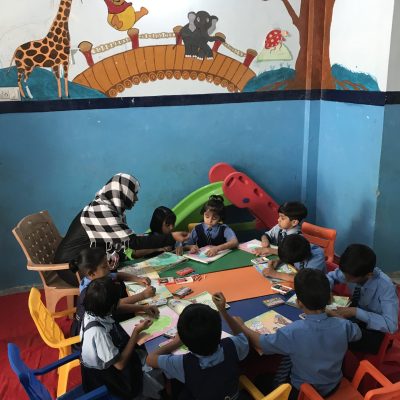
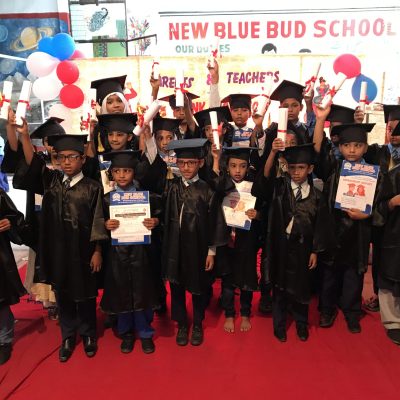
Primary
Duration and Age Group: Primary school education generally covers the first six to eight years of a child’s education, typically starting from ages 6 to 11 or 12. This stage is crucial for setting the foundation for future learning.
Curriculum: The curriculum in primary schools includes basic subjects such as:
- Reading and Writing: Developing literacy skills.
- Mathematics: Basic arithmetic operations and problem-solving skills.
- Science: Introduction to natural and physical sciences.
- Social Studies: Basic understanding of history, geography, and community roles.
- Art and Physical Education: Encouraging creativity and physical development.
Learning Approach: The teaching methods are often interactive and include:
- Hands-On Activities: Engaging students with practical experiences.
- Group Work: Promoting teamwork and social interaction.
- Play-Based Learning: Using play as a medium to teach basic concepts.
Developmental Goals: Primary education aims to develop:
- Cognitive Skills: Critical thinking and problem-solving.
- Social Skills: Cooperation, communication, and empathy.
- Emotional Skills: Self-awareness and self-regulation.
SSC
Duration and Age Group: The SSC examination is usually taken by students aged 15 to 16, marking the end of secondary education. In many countries, this exam is conducted at the end of the 10th grade.
Curriculum: The SSC covers a broad range of subjects, which can include:
- Core Subjects: Language(s), mathematics, science (physics, chemistry, biology), and social studies (history, geography, civics).
- Elective Subjects: Options like computer science, physical education, or vocational subjects depending on the educational board and school.
Examination Format: The SSC exams typically include:
- Written Exams: Assessing theoretical knowledge.
- Practical Exams: For subjects like science and computer studies.
- Internal Assessments: Including project work and periodic tests conducted by the school.
Significance:
- Academic Progression: Performance in SSC exams often determines eligibility for higher secondary education (grades 11 and 12) and specialization choices.
- Career Pathways: In some countries, SSC results can impact vocational training opportunities and entry into various professional fields.
Challenges and Preparation:
- Intense Competition: High importance is placed on achieving good scores, leading to competitive academic environments.
- Preparation Strategies: Students typically engage in rigorous study schedules, coaching classes, and revision of past exam papers to excel in these exams.
The SSC is a pivotal stage in a student’s academic journey, influencing future educational and career opportunities.
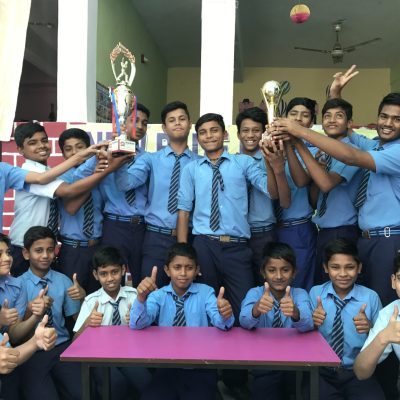
our schedule &
fun things to do
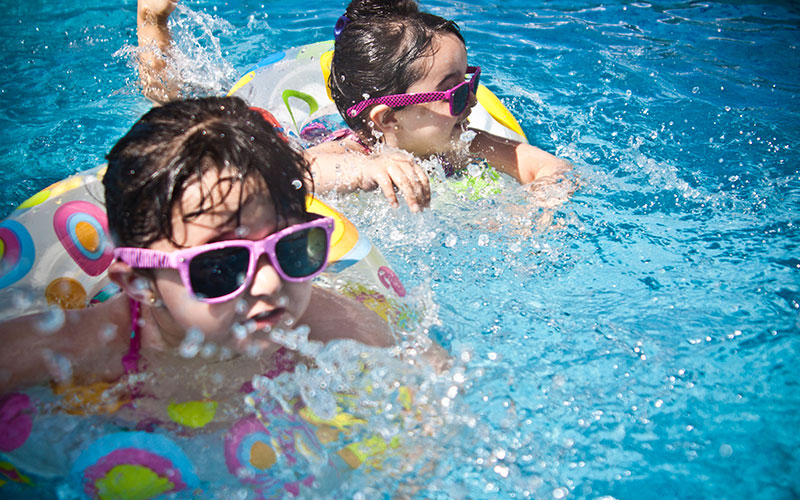
field trips
Egestas tincidunt urna. Aenean pretium feugiat ante vitae congue. In nec urna pulvinar, tincidunt elit eu, pulvinar libero.
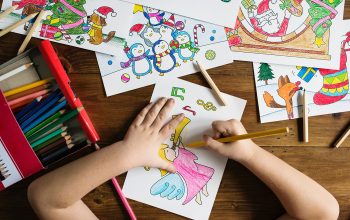
arts & Crafts
Egestas tincidunt urna. Aenean pretium feugiat ante vitae congue. In nec urna pulvinar, tincidunt elit eu, pulvinar libero.

Seasonal Events
Egestas tincidunt urna. Aenean pretium feugiat ante vitae congue. In nec urna pulvinar, tincidunt elit eu, pulvinar libero.
